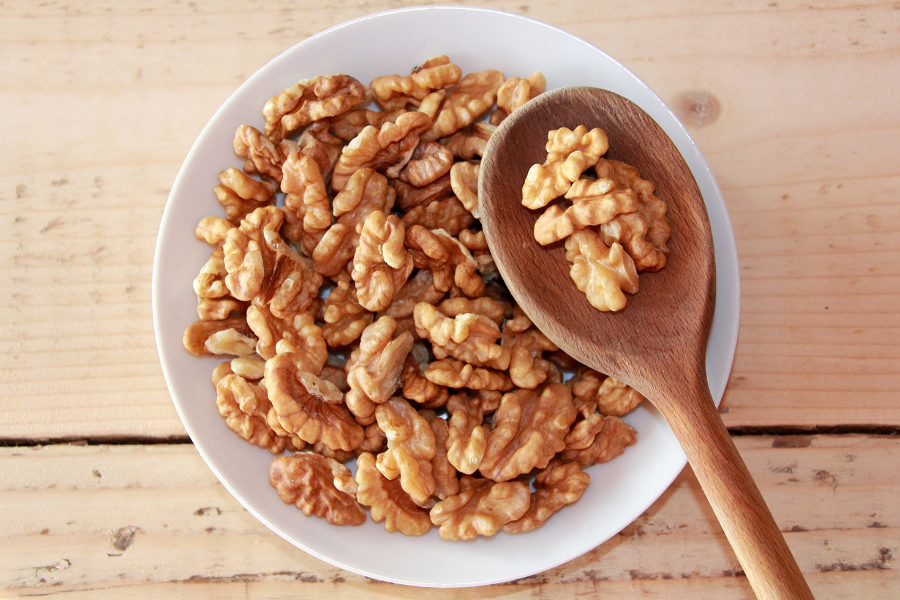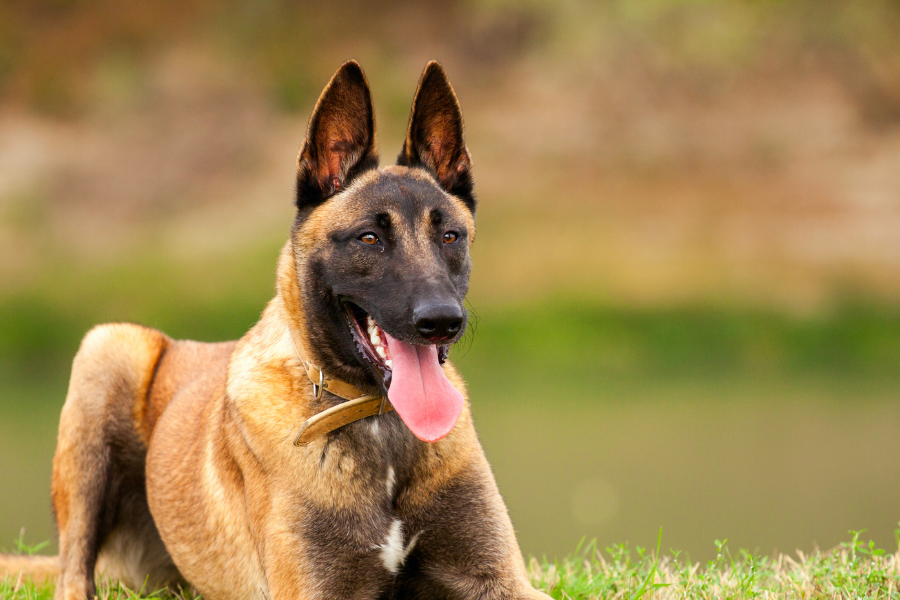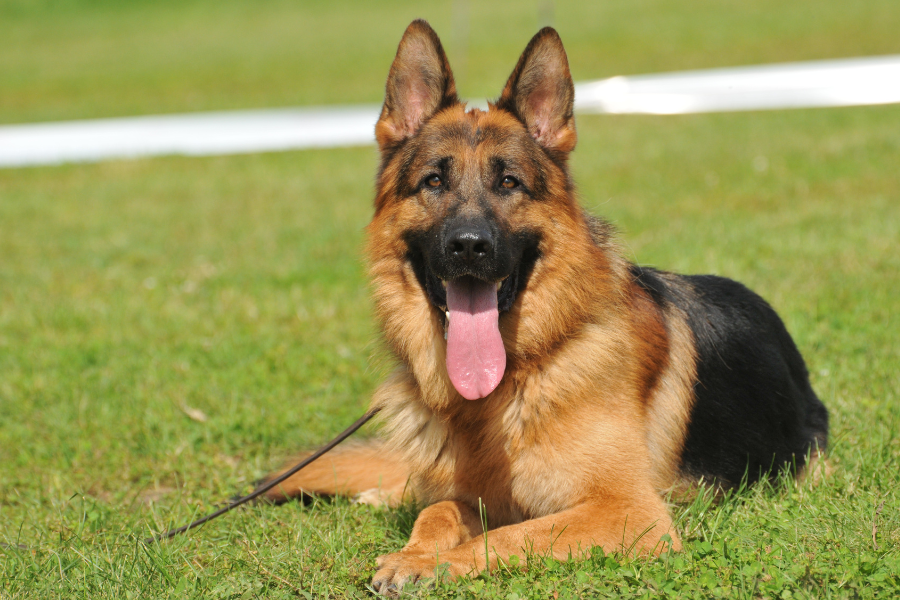If you love snacks and care about nutrition, walnuts are probably (or should be) one of your go-to's. They're delicious, nutritious, and even great in baking recipes. But what about your furry friend—can dogs eat walnuts? There's a lot of mixed info out there on the web, but we're going to clear things up. In this blog, we'll dive into the pros and cons of giving walnuts to your pup, and offer some solid advice, as well as alternative snacks.
Introduction
Walnuts are a common snack and baking ingredient for people, packed with flavor and a boat load of health benefits, but when it comes to walnuts for dogs, things get a bit hairy (or should we say furry). We aim to provide you with clear, practical, evidence-based info about the risks involved (yes, there are more risks than benefits) when it comes to feeding walnuts to dogs. We will also give you some easy, safer alternatives for your dog's snacking pleasure.
Benefits of Walnuts for Humans
The list of benefits of walnuts for humans is long. They're packed with omega-3 fatty acids, which are great for everything from heart health to brain function, (legitimately, they may make you smarter) making them a real wellness powerhouse. But just because they are ideal for humans does not necessarily mean they are safe for dogs.
What Nutrients Do Walnuts Offer?
Walnuts contain several beneficial nutrients, including protein, healthy fats, and vitamins. These nutrients are great for muscle growth, energy, and overall health in humans. But for dogs, these same nutrients can sometimes pose a risk. Let's look into why.
The Walnut-Brain Connection
Have you ever looked at a walnut and thought that it looks like a little brain? Well, there is a cool correlation with the look of a walnut and just how incredible walnuts are for the brain. Walnuts are loaded with nutrients that are great for brain health. They're packed with both omega-3 fatty acids (like those found in salmon oil and cod liver oil) and vitamin E. All these goodies can help keep your brain in tip-top shape, and protect it from stress. Omega-3 fatty acids improve brain function by actually improving the fluidity of the cell membranes in the brain, which allows for better communication between cells! Pretty cool, right? So the next time you are sitting around chewing on some walnuts, you can also (metaphorically) chew on the fact that they are simultaneously improving your brain health.
Are Walnuts Safe for Dogs?
In short, the answer is complicated. While walnuts themselves aren't toxic to dogs, they aren't exactly recommended either. Like all nuts, walnuts are high in fat (albeit good fats for humans), but dogs do not digest fats like humans do. At a minimum this can lead to GI issues, or much worse - pancreatitis. Walnuts can also be moldy, which can then give off mycotoxins (that word itself does not sound like good vibes), which are toxic for dogs. Last but not least, walnuts, with or without the shell, can be a choking hazard for dogs.
Potential Risks of Feeding Walnuts to Dogs
Risk of Digestive Probs
A risk with many foods that are not in a typical dog diet is that they can cause digestive issues, and this is a central concern with walnuts. The high-fat content does not bode well for a dog's digestive system and can lead to not-so-fun symptoms live diarrhea, vomiting, and other digestive issues.
Pancreatitis Risk
Dogs, just like humans, can get pancreatitis. Pancreatitis is a serious condition in which the pancreas (a digestive organ located in the abdomen, behind the stomach) becomes inflamed. Eating a high-fat diet (again, walnuts are high in fat) can cause the condition - symptoms can range from lethargy to stomach pain and vomiting, and if untreated it can even be life threatening.
Choking Risk if Eaten with The Shell
Another significant risk to consider is choking, especially if your dog tries to eat walnuts with the shell still on. The shells are hard and can easily get lodged in your dog's throat, creating a dangerous choking hazard. Not only do the shells pose a threat for choking, but they can also cause obstructions in your dog's digestive tract if swallowed. Always ensure any nuts you give to your dog are completely shelled and, better yet, consider opting for safer, dog-friendly treats to avoid this risk altogether.
Mycotoxins in Moldy Walnuts
Another risk when it comes to walnuts is mold. And making this issue even more difficult is the fact that mold can sometimes be tough to spot, especially on a walnut. Moldy walnuts contain mycotoxins, which are toxic to dogs. Mycotoxin poisoning can lead to tremors, seizures, and even liver failure.
Signs of Walnut Poisoning in Dogs
If your dog has ingested walnuts and you’re concerned, look out for the following signs:
- Vomiting and diarrhea
- Lethargy and weakness
- Seizures and tremors
- Abdominal pain
Consult your vet immediately if you notice any of these symptoms.
What Should You Do if Your Dog Eats Walnuts?
If your dog accidentally eats walnuts, monitor them closely for any signs of distress. Contact your veterinarian for advice. In most cases, a small amount of plain, fresh walnut isn’t likely to cause severe issues, but it's always best to err on the side of caution.
Safe Alternatives to Walnuts
If you're looking for healthy snacks for your dog, there are plenty of safe options. Here are some alternatives:
Carrots
Carrots are low in calories and high in fiber and vitamins. They make an excellent crunchy treat that’s safe for dogs.
Blueberries
Packed with antioxidants, blueberries are a great snack for dogs. Moderation is key with blueberries because of sugar content.
Pumpkin
Pumpkin is rich in fiber and good for digestion. It’s also low in calories, making it a healthy treat.
How to Introduce New Foods to Your Dog’s Diet
When introducing any new food to your dog's diet, do it gradually. Start with a small amount and monitor your dog for any adverse reactions. This approach helps you identify any allergies or sensitivities your dog might have.
Consulting Your Vet About Your Dog’s Diet
You shouldn't roll the dice with your dog's health. Make it a point to always consult your vet before you introduce new foods or supplements to your dog's diet. They can provide the best advice based on your dog's health and specific nutritional needs.
Conclusion
In a nutshell (pun intended), walnuts aren't outright poisonous for dogs, but they are a risky food for dogs, because they are high in fat, could contain mold, and are a choking hazard (especially for smaller doggos). There are plenty of tasty, crunchy, and safer treats you could give your dog instead of walnuts, like carrots, pumpkin, or blueberries.
If you need personalized advice for your dog's diet, don't hesitate to chat with a pet nutritionist or your vet. Happy (safe) snacking, y'all!
Dogs & Walnuts FAQ
Should I Not Keep Walnuts in the House?
While you don't necessarily have to eliminate them completely, you should take some precautions to keep your furry friend safe. Store walnuts—and any other potentially harmful foods—out of reach of your dog. Consider using sealed containers and placing them in cupboards or pantry shelves that your dog can't access. Additionally, be mindful when you're snacking on walnuts to avoid any accidental spills or dropped pieces that your dog could snatch up. By taking these simple steps, you can still enjoy your favorite snacks while ensuring your dog's safety.
References
1) Cridge H, Lim SY, Algül H, Steiner JM. New insights into the etiology, risk factors, and pathogenesis of pancreatitis in dogs: Potential impacts on clinical practice. J Vet Intern Med. 2022 May;36(3):847-864. doi: 10.1111/jvim.16437. Epub 2022 May 12. PMID: 35546513; PMCID: PMC9151489.
2) Chauhan A, Chauhan V. Beneficial Effects of Walnuts on Cognition and Brain Health. Nutrients. 2020 Feb 20;12(2):550. doi: 10.3390/nu12020550. PMID: 32093220; PMCID: PMC7071526.



